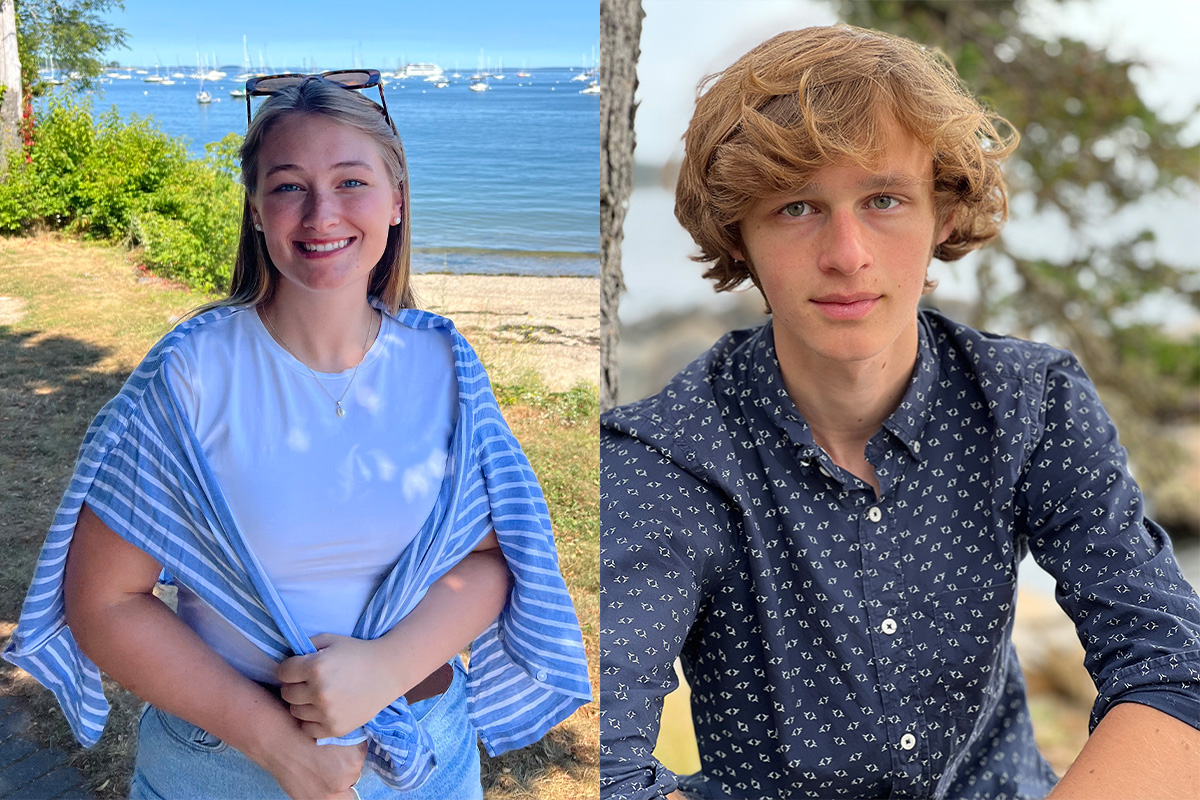College of Education and Human Development
Care. Quality. Career.
I want to learn more about…
Why join the College of Education and Human Development?
We are a vibrant academic community. Grounded in a commitment to inclusivity and support, we provide an environment where students can thrive. The diversity and scope of our education and human development programs is unmatched in Maine. Our unwavering pursuit of academic excellence ensures that our graduates leave with a robust education and the experience necessary to pursue meaningful and successful careers. For our alumni and community partners, our doors are always open for continued personal and professional growth.
Students (undergraduate and graduate)
Hours of field experience our
pre-service teachers complete before graduation
Degrees and certificates conferred in 2025
(undergraduate and graduate)
News
More Headlines
Del Duca ’14 named flag bearer for Team USA at Milan Cortina Olympics
Longtime educator, rural school leader to receive Robert A. Cobb Award
Early-career teachers invited to UMaine Rural Thrive project retreat at UMF
The College of Education and Human Development at UMaine is the largest educator preparation and training college in the state. Our educator preparation programs are accredited by CAEP, the Council for the Accreditation of Educator Preparation. CAEP accreditation is a seal of approval that assures quality in educator preparation and that our programs prepare new teachers to know their subjects, their students and have the training that allows them to enter the classroom ready to teach effectively.




